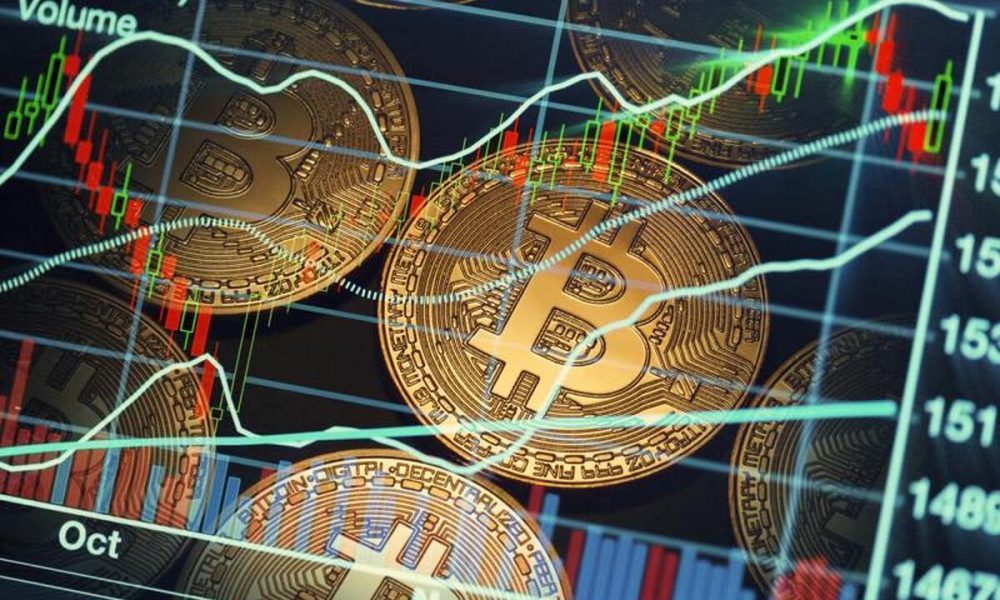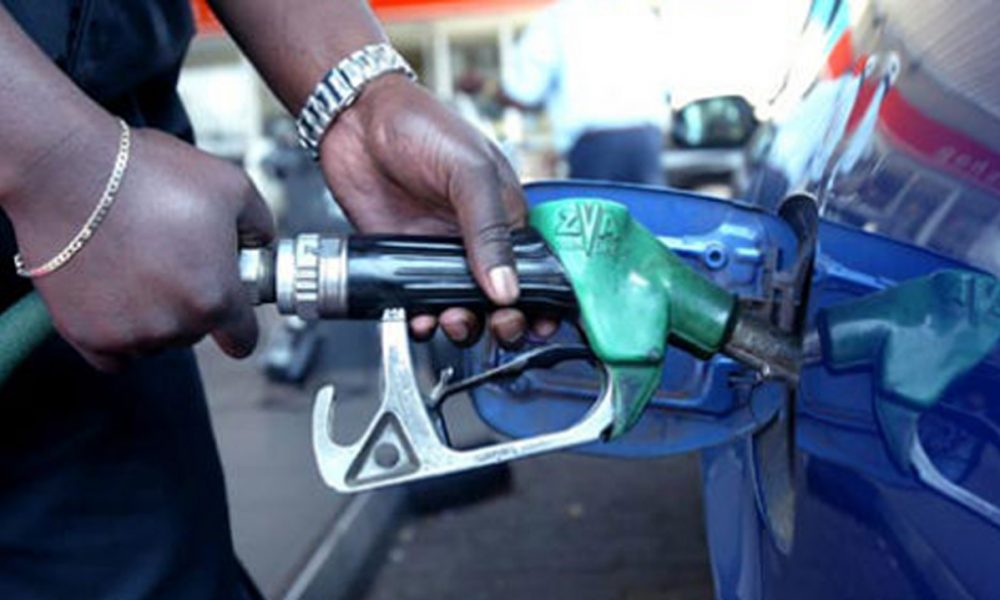Latest Updates on Petrol Scarcity, Fuel Price Increase, and Government Reactions
A prominent economist and CEO of Financial Derivatives Company Limited, Bismarck Rewane, has predicted that petrol prices in Nigeria could reach a staggering N1,200 per litre in the near future. According to his November 2024 economic outlook, Rewane also forecasted that Brent crude could trade at $70 per barrel by December and that inflation might rise to 34%. He also predicted a potential appreciation of the Naira to N1,550/$ by January 2025.
Rewane made these projections during the November edition of the Lagos Business School’s Breakfast Session, where he highlighted that there is no economic rationale for the Naira to trade at less than 30% of its fair value within the next 12 months. He also cited the Economist Intelligence Unit’s prediction that crude oil prices next year will average $74 per barrel, which could push petrol prices to N1,200 per litre.
In other news, the Dangote Refinery and Petrochemical is poised to commence fuel exports to several African countries, including South Africa, Angola, and Namibia. According to sources, the refinery is in advanced discussions with these nations regarding fuel supply agreements. Four additional African countries – Niger Republic, Chad, Burkina Faso, and the Central African Republic – have also begun negotiations with the refinery, with more countries expected to express interest in securing fuel supplies in the coming months.
Ghana has already signaled interest in purchasing petrol from the Dangote refinery, with the Chairman of Ghana’s National Petroleum Authority noting that the deal would put an end to the country’s monthly $400 million fuel imports from Europe.
In related news, a Nigerian senator has praised President Bola Tinubu’s decision to implement the fuel subsidy removal policy. Senator Sani Musa, representing Niger East Senatorial District, said that the fuel subsidy removal is the best thing that has happened to Nigeria. The decision, which was announced on May 29, 2023, has led to a sharp increase in the price of petrol, a rise in inflation, and a rise in the price of other commodities.
Senator Musa expressed his support for the President’s decision, stating that it was taken in the best interest of the country. He emphasized the importance of ensuring that the decision does not negatively impact Nigerians.



